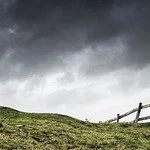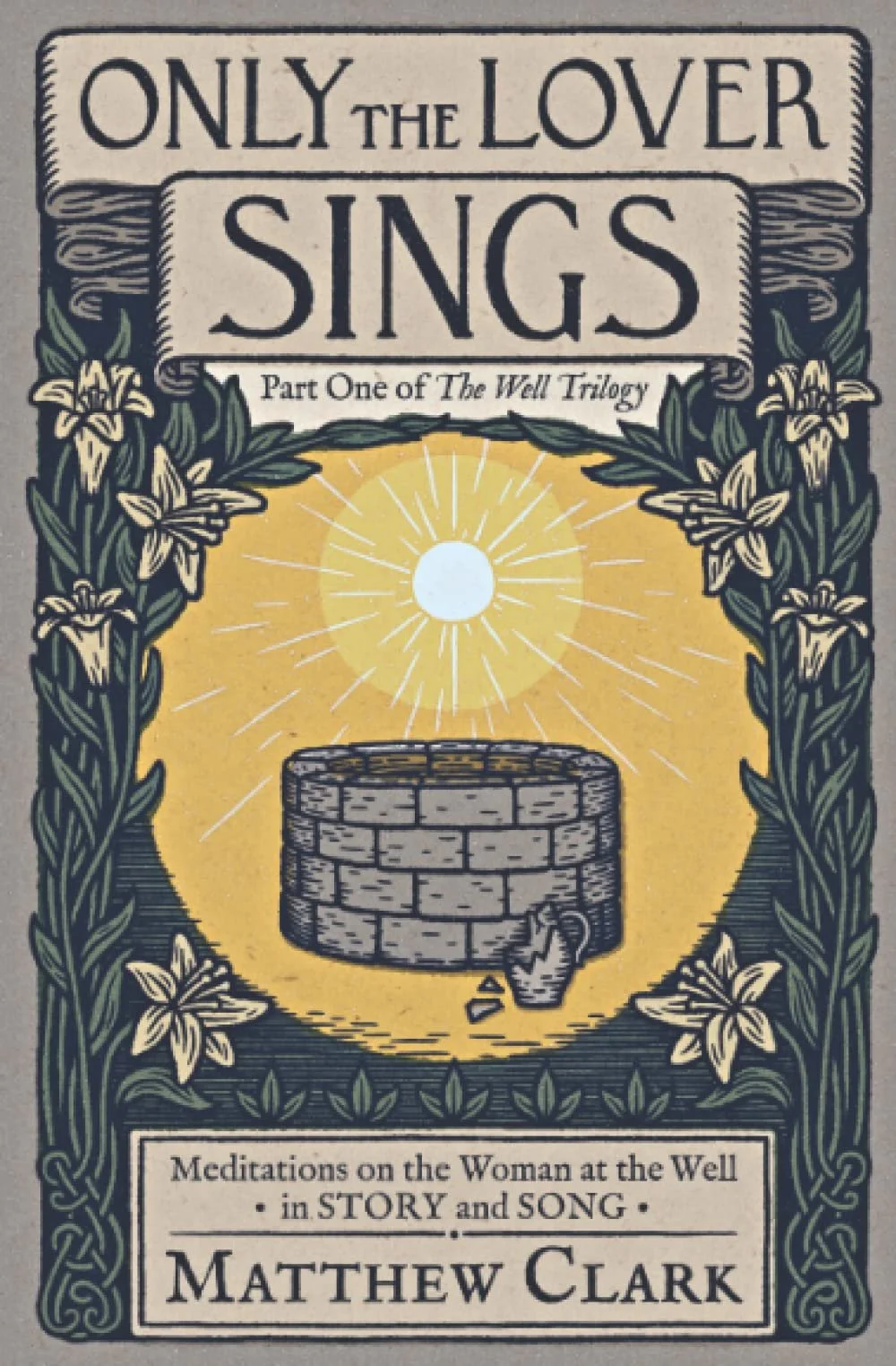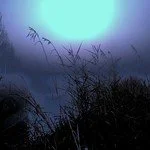For centuries, Shakespeare has been widely accepted as the greatest writer in our language's history. For much of that time, maverick thinkers have argued that William Shakespeare didn't actually write his plays. One of those maverick thinkers is Mandy’s daughter, Bethany. She joins the table for a no-holds-barred debate with Matt about the authorship of Shakespeare. After the dust settles, the hosts explore the reasons why so many people feel compelled to doubt Shakespeare.
After the conversation with Corey about how Bergson's theory of time influenced the literature of Lewis and Eliot, Jane and Corey take us into T.S. Eliot's poem The Four Quartets to show us an example of these ideas in the text.
Join Brian, Jane, and special guest Corey Latta as they dig deeper into the philosophies that influenced Lewis and Eliot's theology of time, and consequently some of their most famous works like The Screwtape Letters and The Four Quartets.
What is time, and how does time work in the context of story? As part of Anselm’s “Why We Create” series, our own Jane Scharl wrote an amazing essay on the nature of time. At the pub table, Matthew and Mandy use that article as a launchpad for discussing the use of time in fiction.
Join Brian in a conversation with Ned Bustard about time travel, Doctor Who, and the big ball of wibbly wobbly, timey wimey stuff.
What if time is more than the passing of moments? What if it’s a gift to help us find meaning?
Sometimes, a beloved book or movie from childhood means just as much to you as an adult. Other times, going back to childhood stories makes you cringe. Why are some children's stories timeless, while others are time-bound? And can knowing the difference inform the stories we share with the kids in our lives? To answer these questions, Matthew goes to a trusted authority on children's stories: his wife, Danielle.
How should we, who have had eternity opened to us, approach the realities of living in a time-bound world that still wrestles with evil?
At the Anselm Society's May Pub Night, author Leslie Bustard presents her retelling of JRR Tolkien's story Smith of Wooton Major. Later, Leslie and Matt discuss the story's theme of enchantment.
Brian reads Hans Boersma’s essay on how to live in the created order so that we can better know the Creator Himself.
Matthew Clark is both a singer/songwriter, and an Anselm Society Advisor. He joins the table to talk about his brand-new project: Only the Lover Sings. It's both an album and a book of essays, all centered around the woman at the well. Matthew shares how this story inspired the project, and why it has captured his imagination.
We talk all the time about Faerie Stories (Fairy Stories? Faeree Stories?). But what are they? The hosts discuss the elements of proper Faerie stories, as well as the value of Faerie for Christians. Then our resident Faerie expert, Evangeline, evaluates popular "Fairy Stories" to determine: is it Fae, or not Fae?
Our friends at Bandersnatch Books stop by the table to share their upcoming project: Bandersnatch Classics. They're taking underappreciated classics in the public domain, and giving them the beautiful reprinting they deserve. The Bandersnatch team discusses the value of reading old novels, and the enduring appeal of their first Bandersnatch Classic: Understood Betsy.
Over the centuries, lots of artists have tried to portray heaven. Many (most?) have failed. What’s the best way to tell the story of heaven? Is there even an effective way? The co-hosts examine examples of heaven in art to find out.
God's workmanship and His character are crackling through every fiber of the world that we live in.
Creation is redeemed, not abandoned, because creation tells the story of God’s glory in its own unique way. Brian shares Paul Buckley's essay to help us better understand how to read the "book of Creation."
Brian and Heidi tee up a big question: what’s the relationship between eternity and what I do with my time now?
Elizabeth Bristol Clayton presents her retelling of The Secret Garden at an Anselm pub night, and discusses its themes with Matt.
The hosts share their favorite examples of stories told within other artists' stories, as well as the characteristics that make them successful.
In which we kick off the 2022 season with an introduction to creation theology, and an explanation of everything that is to come this season.




















